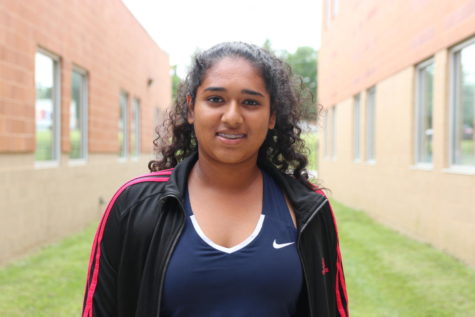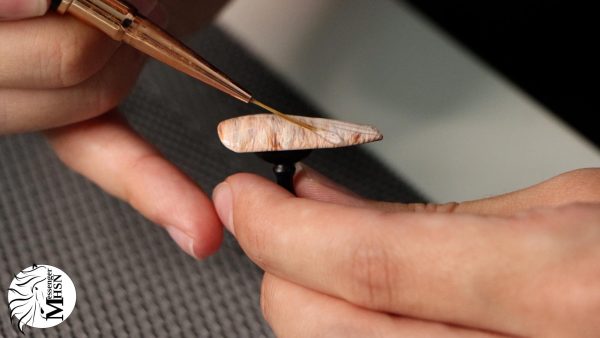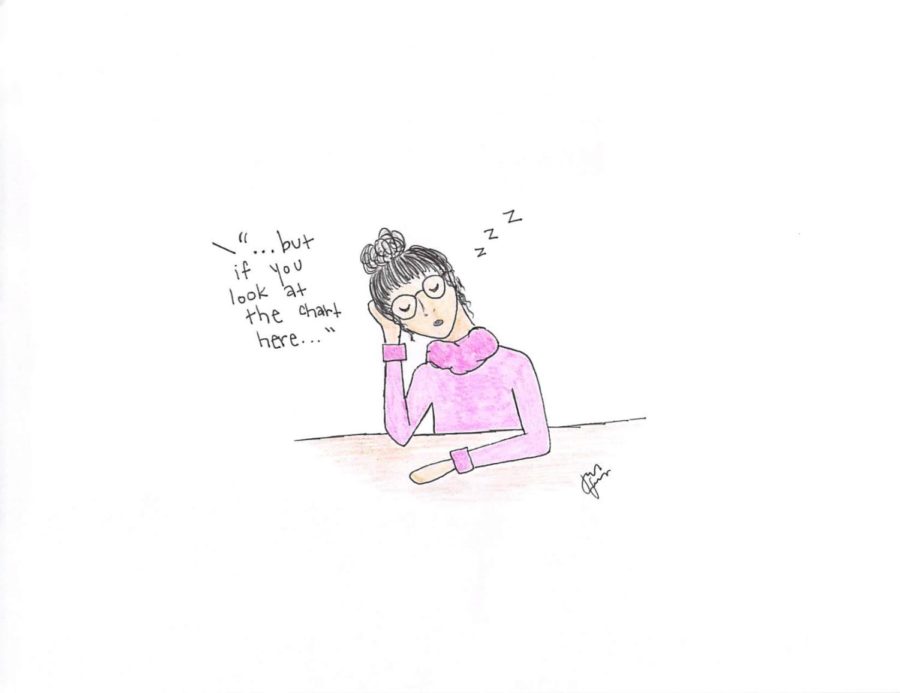Sleep Deprivation Increase Impacts Learning
Illustration by Jilian Bunderson
Zara Tola, sophomore, follows a very different sleep schedule than most students. Tola has adapted to a polyphasic sleep schedule – she naps throughout the day, so that she can spend less time sleeping and more time focusing on getting her homework done.
“When I get home from school I’m tired, so I’ll take a nap until around 12 a.m. and then start my homework because I feel more energized then,” Tola said.
Tola loves challenging herself so she decided to take classes that would be difficult for her. But the decision to push herself comes with the cost of sleep deprivation. Tola always tries to finish all her assignments and homework on time which takes time away from sleep.
Tola said her sleep schedule combined with stress in school makes her sleepy throughout the day, and during 7th period is when she feels the most tired.
Like Tola, most high school students struggle with receiving the recommended hours of sleep. Only about 3 out of 10 high school students get enough sleep, which is between 8-10 hours, according to the Centers for Disease Control and Prevention.
Dr. James Maas, a sleep expert and CEO of Sleep for Success, even calls adolescents “walking zombies” because of the minimal sleep that they live on.
Dr. Maas said sleep deprivation can put adolescents at a higher risk for heart attacks, strokes, type 2 diabetes and obesity as well as a loss of reaction time, ability to concentrate, and the ability to be creative and critical.
Dr. Mass said if students try, they can get better sleep with a few tips.
“Go to bed and wake up at the same time Monday to Monday including the weekends,” Dr. Maas said. “Next, no caffeine after 2 p.m. Another tip is to get plenty of physical activity and daylight exposure.”
Lindsey Chan, sophomore, usually only gets around 6 hours of sleep. Like Tola, the main reason for her loss of sleep is the amount of homework and studying that is assigned.
“I feel very sleepy throughout the day and I also have a hard time focusing in classes because I’m very tired,” Chan said. “Teachers should either decrease homework or spread it throughout multiple days instead of cramming everything.”`
Chan said flex time next year will definitely help students get more sleep so they can be focused in classes.
“Flex time would allow us to have more time during school to do homework so it would help with getting more sleep at home,” Chan said. “But there’s no guarantee that everyone will use the time efficiently to get ahead.”
Principal Dr. Greg Mathison said that giving even 1-2 hours of homework in every class is not feasible because it adds up and the student is overwhelmed with homework.
“Teachers need to make sure that homework is relevant and necessary for learning,” Dr. Mathison said. “There’s a lot of studies out there that show that homework is really not the most effective use of time.”
Dr. Mathison also thinks that poor time management is a major cause of lack of sleep, and students need to learn how to use their time more efficiently.
“We need to set aside time specifically for certain things and then move onto something else,” Dr. Mathison said. “When we are distracted, we aren’t very efficient and things take longer to get done.”
Your donation will support the student journalists of Marquette High School. Your contribution will allow us to purchase equipment and cover our annual website hosting costs. You may become a PATRON by making a donation at one of these levels: White/$30, Green/$50, Blue/$100. Patron names will be published in the print newsmagazine, on the website and once per quarter on our social media accounts.

Shrija Maganti, junior, is a staff reporter for the Marquette Messenger. She is also a part of the robotics and tennis teams. Outside of school, Shrija...







